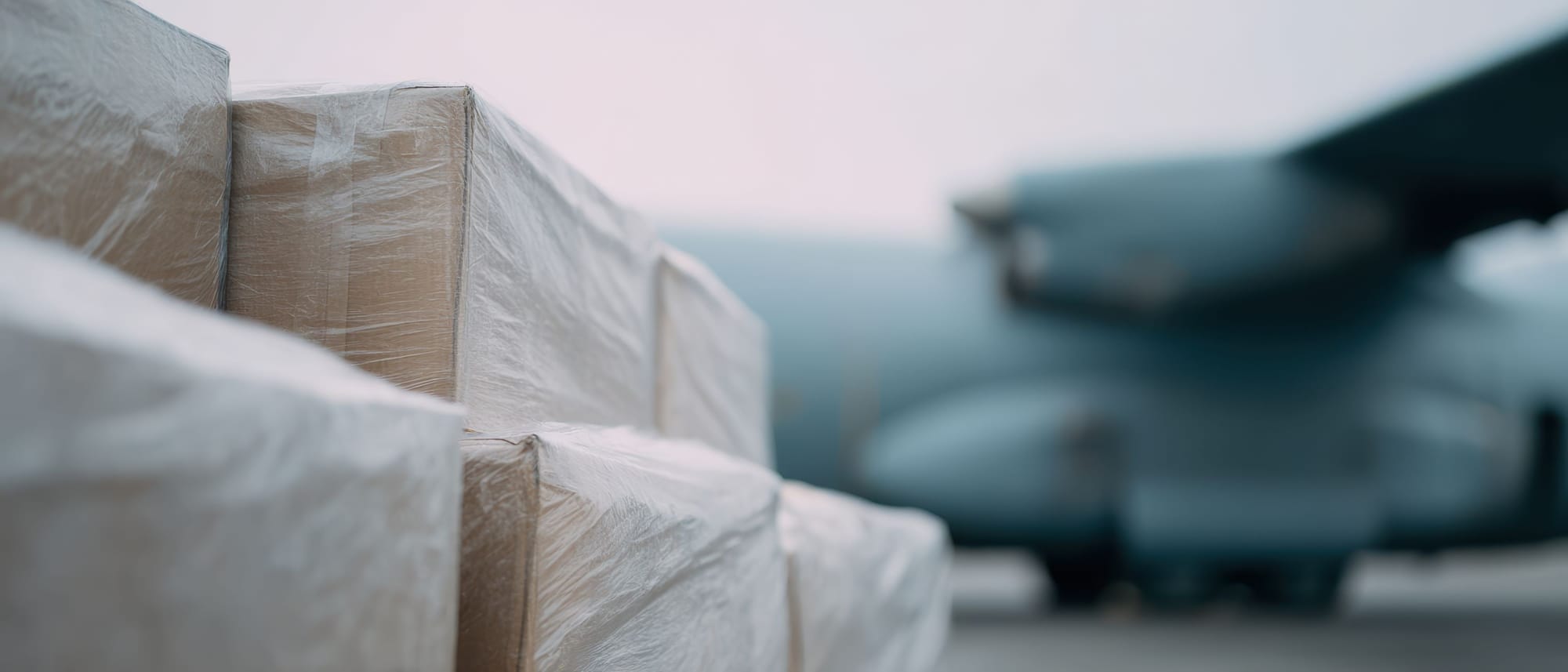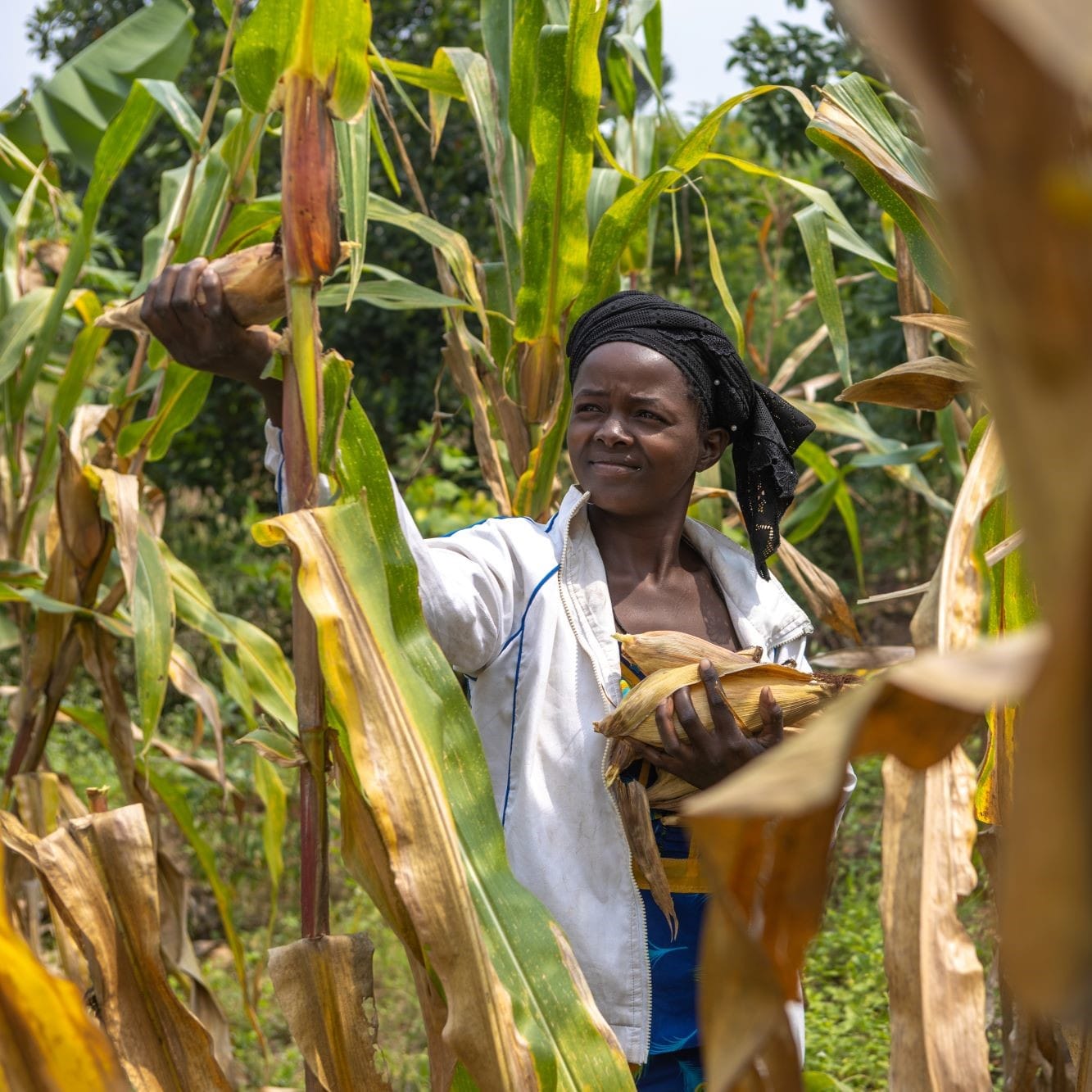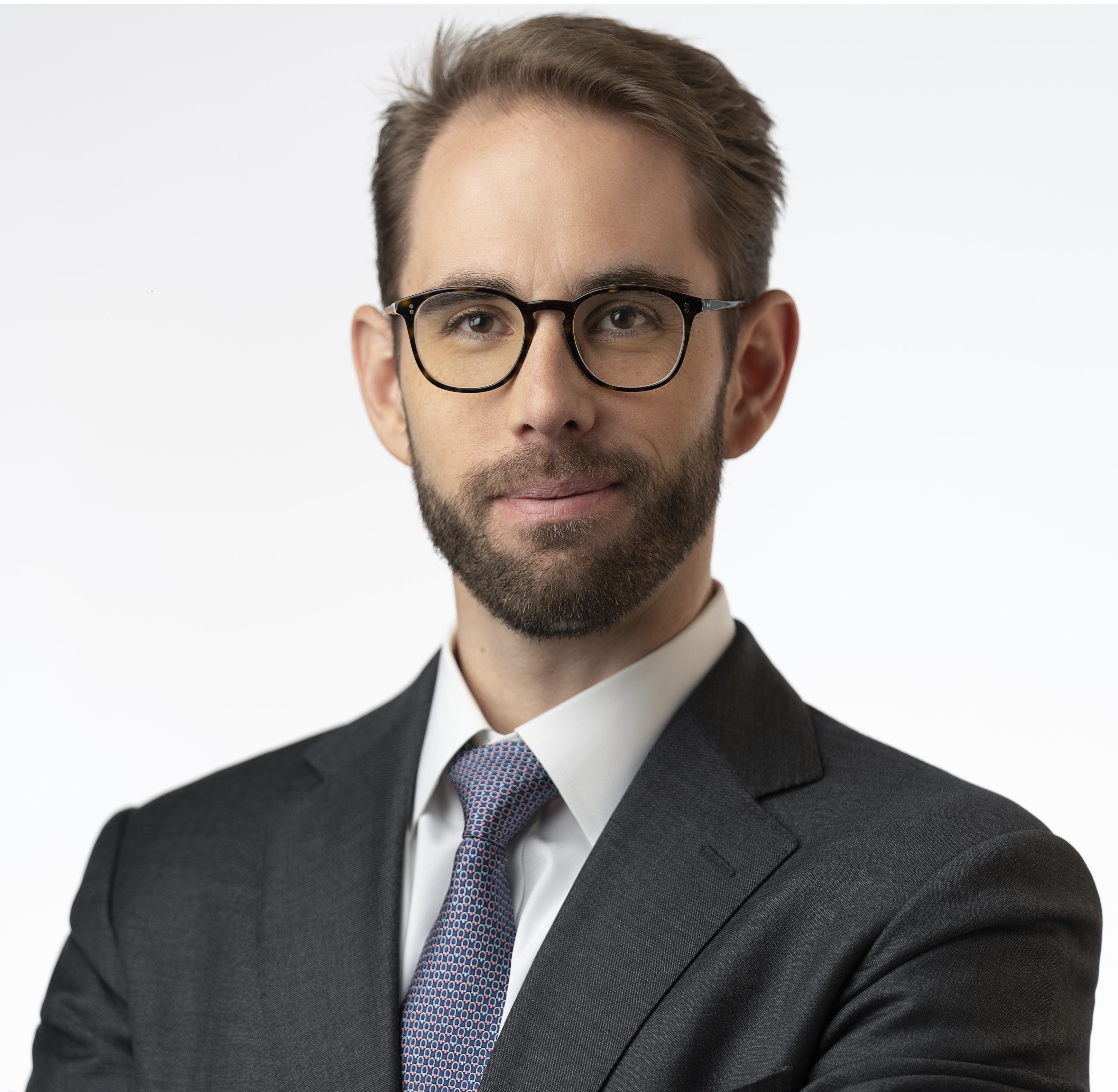In international development, one thing that everyone seems to agree on is that increasing women’s engagement in society has diverse and wide-reaching development benefits. Many people are familiar with some version of the adage: “If you educate a boy, you train a man. If you educate a girl, you train a village.” Expanding opportunities for women’s education, access to health services, economic participation, and leadership can have ripple effects that spur economic growth, promote political stability and peace, and improve public health.
But what does women’s participation look like when we shift our attention inward, to the people designing and implementing development programs?
In the wake of International Women’s Day, and being surrounded by inspiring, dedicated, and ambitious women here at DAI, I decided to ask some of them about their personal perspective on working as women in development.
Check out our DAI Women in Development profiles—of Alia Afshar-Gandhi, Jessica Heinzelman, Ruba Al'Zubi, Endah Agustiana, and Intissar Hemin
Are there challenges that women uniquely encounter in this kind of work? Do women feel they have opportunities to advance their careers comparable to those afforded their male colleagues? What are some of the benefits and challenges of being a woman working in development? Is there any particular advice successful women would give early-career development professionals?
The most common concern was the lack of female leaders and role models in the development arena. Exceptionally talented and committed female professionals do make it to leadership or executive positions, but not yet often enough.
Across the board, and wherever they have worked in their careers, my colleagues had to make an extra effort to prove themselves to their teams, their bosses, or their project partners. They advise other women to learn to be their own champions so that their opinions are heard, their work is recognized, and they don’t get passed over for opportunities.
While working in the field, women must learn how to navigate the fine line between respecting local culture and being a role model for women in the communities, working side by side with men. Doing this in a subtle but deliberate way can start to change mindsets and expose people to new possibilities.
Many of my colleagues feel that despite the challenges, it is an asset to be a woman in international development. As a woman, it is often easier to connect with people—especially women and children—and to forge the trusting relationships that can underpin successful development work.





